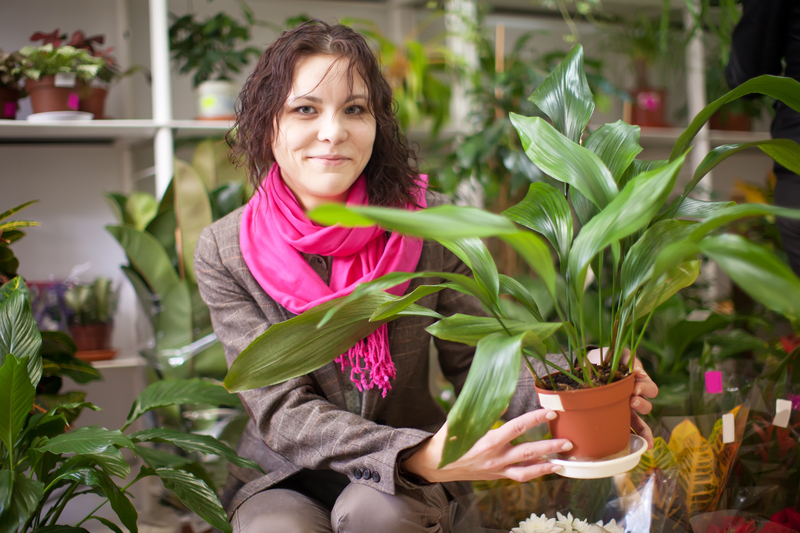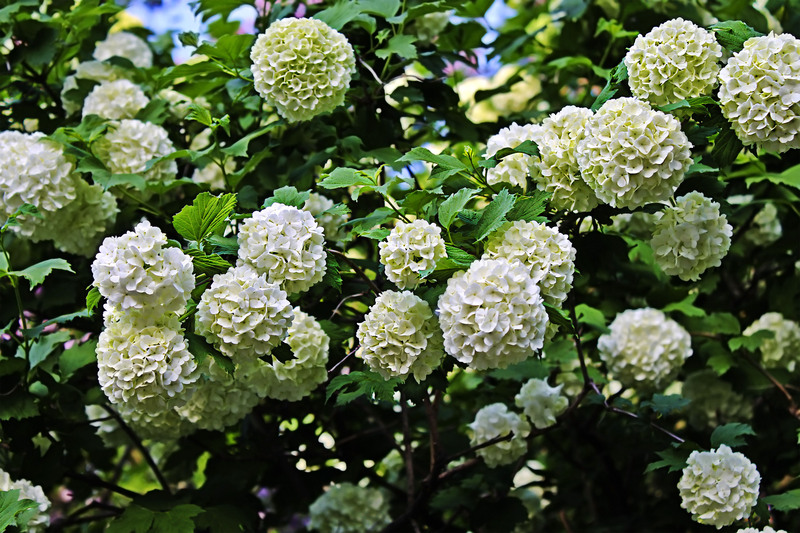Planning a Garden to Avoid Allergens
Posted on 22/04/2025
Managing outdoor spaces to minimize allergens can transform gardening from a health issue to a leisurely, enjoyable activity. Allergens in the garden can deter even the most passionate gardening enthusiast. This guide will help you plan a garden that reduces allergens and allows you to enjoy its beauty without discomfort.
Understanding Common Garden Allergens
Allergens are substances that can cause allergic reactions. In gardens, the most common allergens include pollen, mold, and certain plants that produce irritants. Knowing what triggers your allergies is the first step to creating an allergy-friendly garden.

Choosing the Right Plants
The selection of plants is crucial in ensuring that your garden is friendly to allergy sufferers. Opt for plants that have low pollen output or are pollinated by insects rather than by the wind. Trees such as dogwoods, magnolias, and cherry trees are excellent low-pollen choices.
- Tree pollen producers to avoid: birch, oak, and pine.
- Better choices for allergy sufferers: dogwood, magnolia, cherry, fir, and spruce.
Plant Placement and Planning
Where you place your plants can impact allergen levels within your garden. Plant wind-pollinated plants away from main sitting areas. Use hedges or barriers to block allergenic pollen from entering your living spaces.
- Keep high-pollen plants downwind from outdoor living areas.
- Use evergreen shrubs as effective barriers.
Maintaining Your Garden
Regular maintenance can help reduce allergens. Pruning plants before they flower, avoiding over-watering to prevent mold, and keeping lawns trimmed can significantly reduce allergen exposure.
- Regularly clean and maintain garden tools.
- Remove fallen leaves and debris promptly.
Allergic Reactions and Safety
In case of accidental exposure, it's essential to be prepared. Have antihistamines on hand, know the symptoms of a severe allergic reaction, and wear protective gear while gardening.
- Wear masks and gloves.
- Keep allergy medications readily available.
Pros and Cons of an Allergen-Free Garden
Creating an allergen-free garden comes with its benefits and drawbacks.
Pros
- Improved quality of life for allergy sufferers.
- Reduced need for medications and medical visits.
- A healthier, more enjoyable outdoor space.
Cons
- Limited variety in plant selection.
- More initial planning required.
- Potential higher maintenance demands.
Expert Tips for Allergy-Free Gardening
Consider these additional tips for an even more allergen-safe garden:
- Select female plants since they produce less pollen.
- Install pond or water features to attract pollen-collecting insects.
- Apply mulch to suppress dust and mold spores.

Takeaways
- Identify and avoid common allergenic plants.
- Use strategic plant placement to minimize allergen exposure.
- Maintain your garden to reduce pollen, mold, and dust.
- Prepare for unexpected allergic reactions.
Conclusion
Creating a garden that avoids allergens is not just possible but can be incredibly rewarding. By understanding common allergens, wisely choosing and placing plants, and maintaining your garden effectively, you can create a beautiful, enjoyable space that allows you to enjoy the outdoors without the downsides of allergies.












